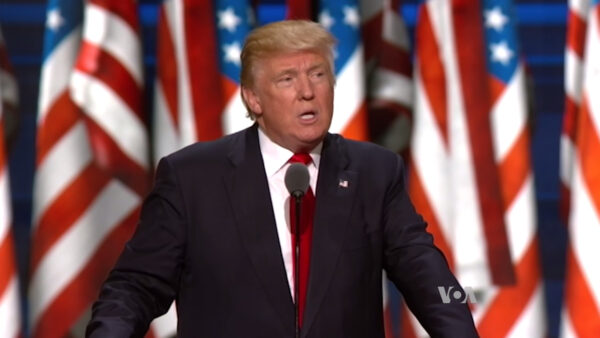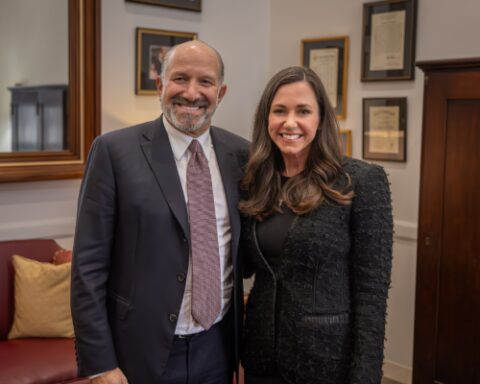The Trump administration is now reportedly set to implement a sweeping change to immigration enforcement by imposing immediate and substantial financial penalties on undocumented immigrants who defy removal orders.
Under the new rule, migrants who remain in the country after being ordered to leave could face daily fines of up to $998, with no grace period or advance notice.
The policy, expected to be published in the Federal Register on Friday, eliminates the longstanding 30-day window for migrants to depart voluntarily.
Instead, individuals who fail to comply with a deportation or voluntary departure order will be automatically fined—beginning at several hundred dollars per unlawful entry and escalating quickly if they stay in the U.S. unlawfully.
Since the fine system was revived earlier this month, officials have already issued nearly 10,000 notices, amounting to billions in potential penalties.
The government says the policy is part of a broader effort to restore the credibility of immigration law, arguing that consequences must be swift and certain to deter unlawful presence.
“This is about the rule of law,” said a senior Department of Homeland Security official. “People who break the law should face consequences—plain and simple.”
Migrants may avoid the fines if they voluntarily return home using a mobile app system developed by Customs and Border Protection.
Under a separate program announced last month, those who choose to self-deport may also receive $1,000 in assistance and a government-paid flight out of the U.S.
Civil rights groups and immigration advocates have sharply criticized the measure, warning that it could lead to coercive pressure on vulnerable families, particularly those with limited financial means or mixed legal statuses.
Some former officials have questioned whether the fines are aimed more at generating fear than ensuring compliance.
The administration is also considering using asset seizures against migrants who fail to pay the fines, reviving enforcement tools from federal statutes enacted in the 1990s.
Migrants do have the right to challenge the fines in immigration court, but advocates say the process is opaque, complex, and burdensome—especially for those without legal representation.
The administration estimates that more than a million undocumented immigrants with final removal orders could be subject to the penalties. Legal challenges to the policy are expected, as are new battles over its impact on immigrant communities nationwide.
The rollout marks one of the Trump administration’s most aggressive immigration enforcement moves since returning to office in January.
[READ MORE: Hegseth Blasts Press for Misrepresenting Iran Strike]









